On November 14, 2017, Grand Challenges Explorations grants were announced for 51 researchers from 16 different countries around the world. Each will receive US$100,000 to conduct early-stage research projects focusing on one of four global health and development challenges selected for this Round.
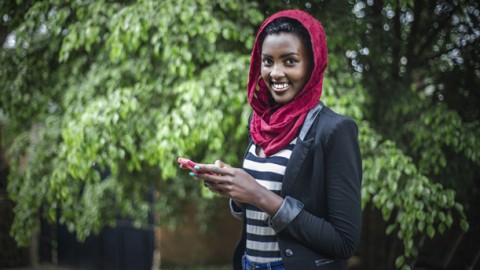
Joanna Bichsel of Kasha in Rwanda will adapt their mobile E-commerce platform to enable women in Kenya to confidentially order health products such as contraceptives and sanitary pads by mobile phone.
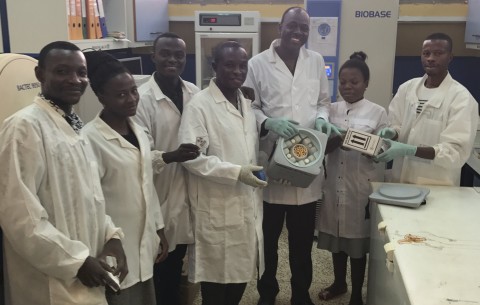
Lee Schroeder of the University of Michigan in the U.S. will develop a smartphone application that can be used by health centers in Ghana to request independent drivers to transport patient samples quickly and at low cost to laboratories for diagnostic testing.
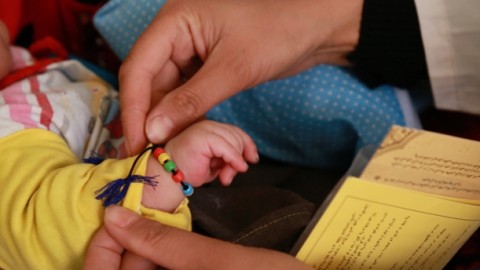
Daniel Carucci of The Immunity Charm Foundation in the U.S. will produce a low-cost bracelet as a visual cue to encourage parents in south Asia to get their children fully vaccinated at the appropriate times.
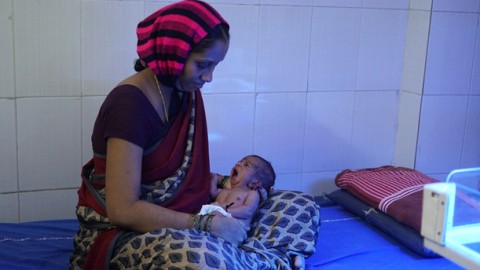
Pratyusha Pareddy of the Centre for Healthcare Entrepreneurship in India will develop a small, battery-operated wearable device for newborns that continuously monitors vital signs in premature babies to alert health workers when a life-threating situation might occur, and provides vibration to stimulate breathing.
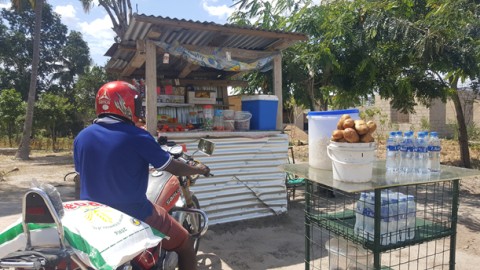
Zawadi Mageni of the Ifakara Health Institute in the United Republic of Tanzania will train local shopkeepers to deliver essential medical supplies to remote areas.
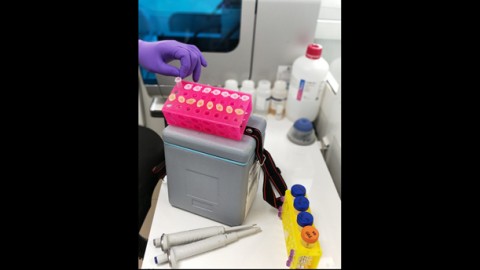
Cheikh Tidiane Diagne of the Institut Pasteur de Dakar in Senegal will enable real-time remote sensing and monitoring of specimens during transport to laboratories in low-resource settings to facilitate diagnosis and assist researchers and health workers.
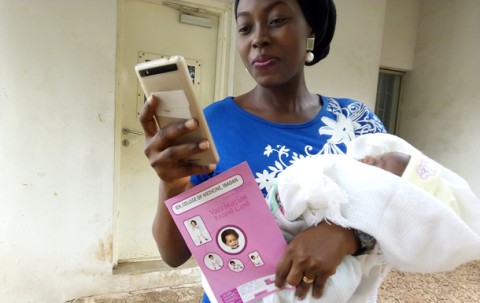
Oldimeji Oladepo of the University of Ibadan in Nigeria will use mobile phone messaging reminders to encourage parents in Nigeria to complete the full series of routine vaccinations for their children at the recommended times.
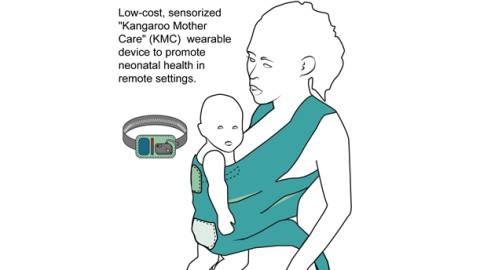
Conor Walsh of Harvard University and Elisabeth Bloch-Salisbury of the University of Massachusetts Medical School in the U.S. will develop a low-cost, wearable, monitoring device to improve kangaroo mother care for newborns in remote settings. Kangaroo mother care is an established childcare method that is particularly valuable for preterm infants.
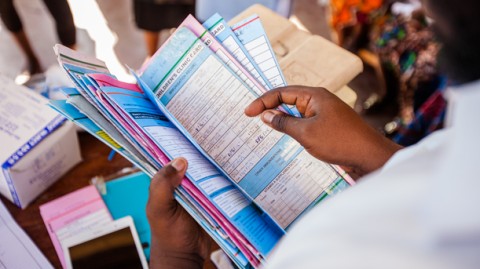
Drew Arenth, Benjamin Fels, and Suvrit Sra of macro-eyes in the U.S. will use statistical machine learning applied to supply chain data at health facilities in Tanzania to better predict demand and avoid having the wrong amounts or types of vaccines to minimize waste and maximize childhood vaccination coverage.
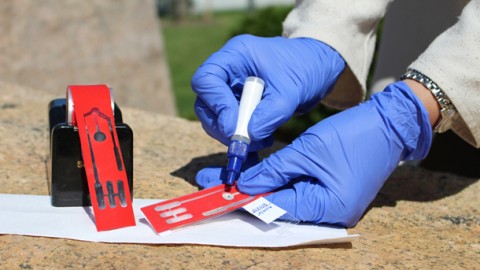
Katherine Klapperich of Boston University in the U.S. will develop a simple device that prepares and stores nucleic acid molecules from the blood for diagnostic testing without the need for a cold chain.
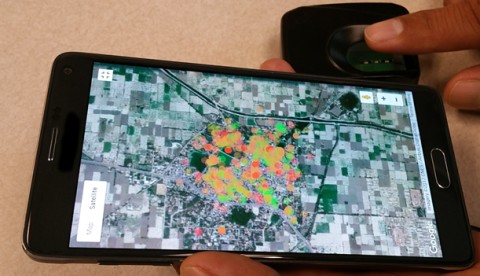
Sanjay Jain of Johns Hopkins University School of Medicine in the U.S. and colleagues in the U.S. and India will develop a cloud-based platform to record the location, caregiver relationships, and immunization records of infants in developing countries, and provide personalized reminders and incentives via mobile phone to improve the coverage of childhood immunizations.
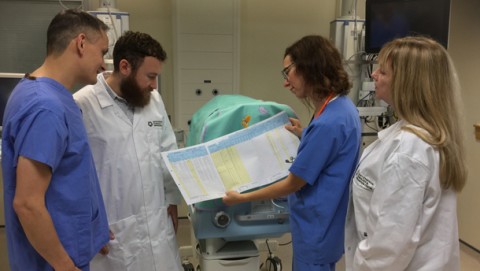
Patricia Connolly of the University of Strathclyde and colleagues in the United Kingdom will develop a low-cost, wearable skin patch that can continuously monitor metabolite levels in newborns without the need for blood sampling, and can alert mothers and health workers to potential problems via mobile phone.
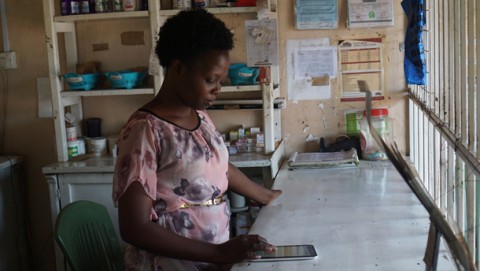
Jessica Vernon of Maisha Meds in the U.S. will develop a smartphone-based point-of-sale system and online ordering platform to better supply medications to the private healthcare markets across sub-Saharan Africa.
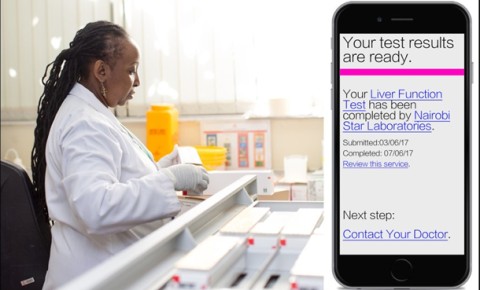
Jacob McKnight and Mike Wilson of the University of Oxford in the United Kingdom will develop a simple application that contains information about the quality, location, and the nature and cost of services provided by the different pathology laboratories in Kenya so that doctors and patients can choose the one that best suits their needs.
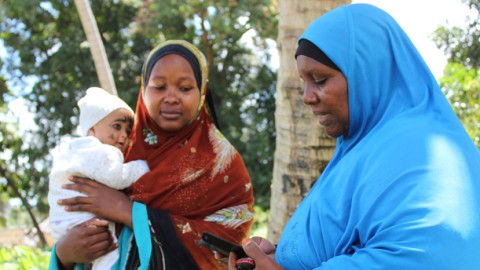
Marc Mitchell of D-tree International in the U.S. will develop an application that enables community health workers in Zanzibar to register children for immunizations before they are born, to ensure all children are vaccinated on time.
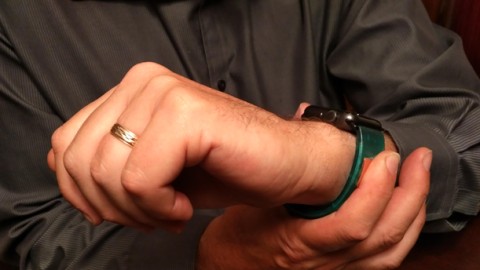
Syed Imran Ahmed of the International Centre for Diarrhoeal Disease Research in Bangladesh will conduct a pilot study of a wrist-worn device that can continuously monitor blood pressure in pregnant women for the early diagnosis of pregnancy-induced hypertension, which can be dangerous for mother and baby.
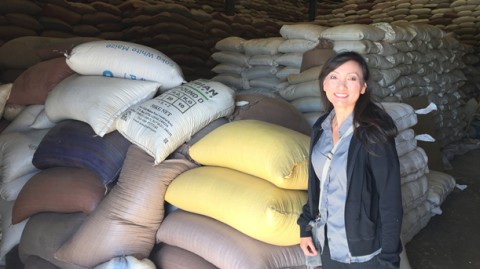
Yuehwern Yih of Purdue University in the U.S. will develop a cloud-based digital tracking tool to record data from local health centers in Uganda on the health status of pregnant women and the turnover of their stock, as well as diagnostic laboratory data, to optimize ordering and improve the availability of medical supplies.
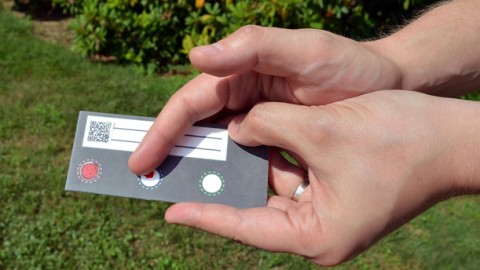
Charles Mace of Tufts University in the U.S. will develop paper-based cards to improve the collection, storage, and transport of blood samples from remote areas to diagnostic laboratories in low-resource settings.
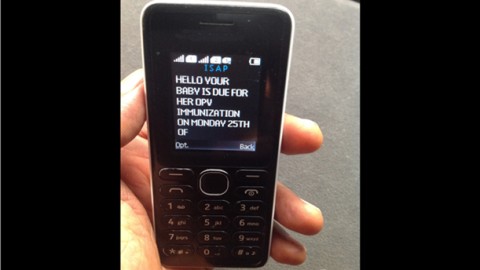
Emmanuel Ihedioha of Lifespan Healthcare Resource Ltd in Nigeria will develop a web-based platform that acts as a lifetime register to track the immunizations of all Nigerian children from birth, issues timely reminders to parents and community members via SMS, and informs medical facilities which vaccines are needed.
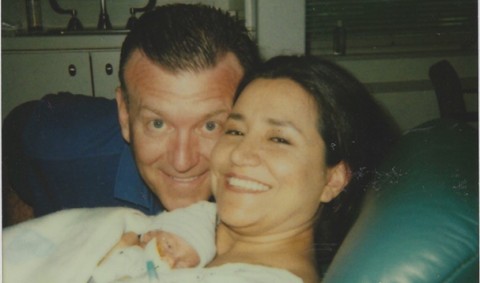
Yamile Jackson of Nurtured by Design in the U.S. will develop a digital, wearable wrap with biosensors and a smartphone application to monitor kangaroo mother care - skin-to-skin contact between mother and infant - in low-resource areas, and improve its duration and frequency.
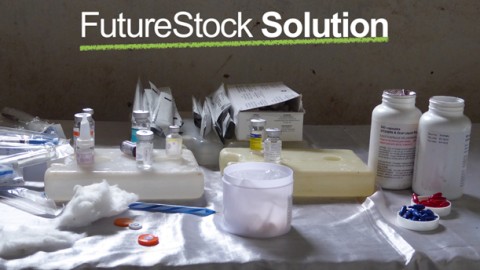
Shahnoza Eshonkhojaeva of Sinostream AB in Sweden will use machine-learning algorithms to predict the amount of medicines and supplies needed at individual health clinics in low-resource settings, and to inform medical stores for delivery.
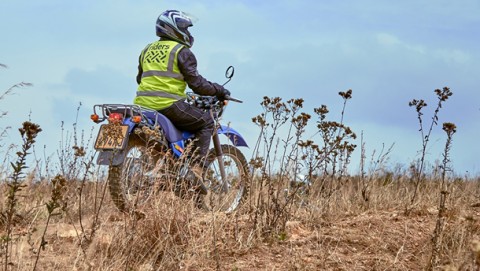
Jónas Oddur Jónasson of MIT Sloan School of Management in the U.S. and collaborators will develop a more cost-effective method for transporting clinical samples between health centers and diagnostic laboratories in low-resource settings.
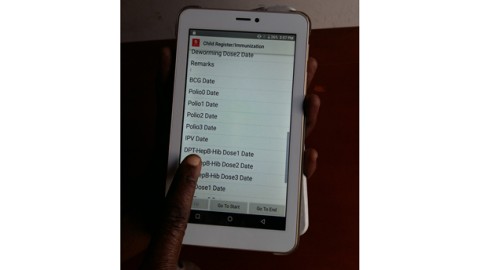
Ephrance Nuwamanya of Bushenyi Integrated Rural Development (BIRD) in Uganda will improve routine immunization coverage in Uganda by developing a digital system for health centers to record births and vaccinations, send automated reminders and education messages to families via SMS, and monitor vaccine orders and supplies.
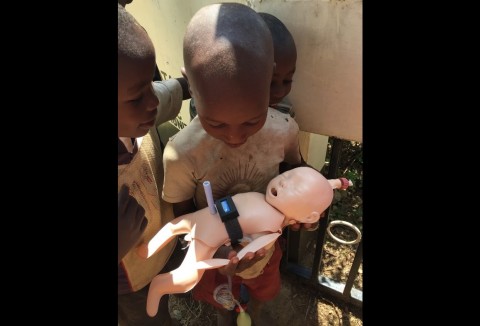
Soumyadipta Acharya of Johns Hopkins University in the U.S. will develop a technology they call NeMo (neonatal monitoring), for families in low-resource settings to monitor their newborns at home to help them identify potentially severe illnesses.